Ever wondered how farming could transform the health of our planet? Well, here’s a hint… It’s not just about planting seeds and waiting for them to grow.
But working in harmony with nature to achieve simply amazing results.
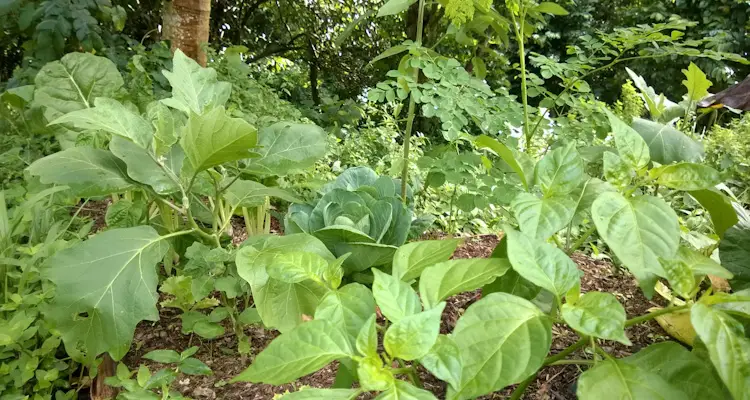
However, sometimes just knowing what to do is not enough…
So, in this article, we will explore 7 incredible benefits of natural farming and why it is not as popular as you’d expect.
But Before We Get Started…
I must mention that the main reason Natural Farming is so valuable is that it does not use any harmful chemicals.
This helps the environment stay clean and assures us that the foods produced in these natural systems are safe and nutritious.
With this in mind, let’s take a look at how natural farming:
1. Improves Soil Health
First, I must emphasize that healthy soil is the foundation of any successful farm…
And since we do not use synthetic chemicals in natural farming, we create a perfect home for microorganisms and beneficial creatures.
For example, earthworms create tunnels as they borrow through the soil, processing organic material into nutrient-rich worm castings.
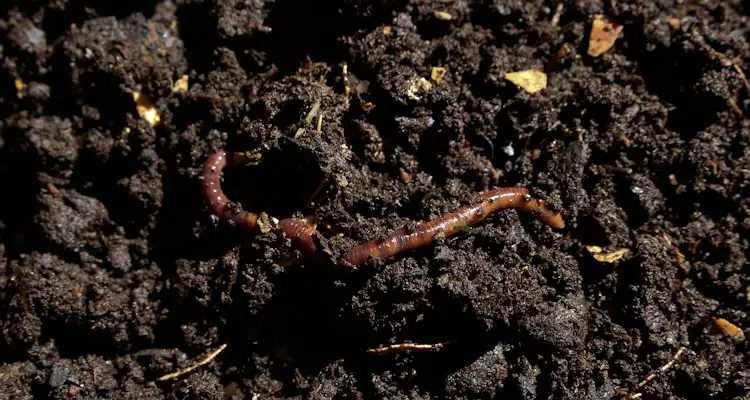
This help to transform the soil into a porous sponge-like structure, allowing free flow of air and water while retaining enough moisture and nutrients for plants to grow.
This is only possible thanks to the system’s:
2. Reduced Environmental Impact
Natural farming reduces and reverses some of the negative impacts that conventional agriculture has on the environment.
For example, a report from the French National Centre for Scientific Research suggests that neonicotinoid pesticides used in conventional agriculture can also kill bees, frogs, common birds, fish, and earthworms.
Now, since we do not use harmful pesticides in natural farming, we prevent possible contamination of our soil and water sources.

This, in turn, protects beneficial animals in our environment, some of which can directly impact food production.
But even more importantly, natural farming encourages the creation of diverse ecosystems, which serve as habitats for beneficial insects and other wildlife.
Which in turn aids in the production of:
3. Nutrient-Rich Foods
Natural farming delivers tasty, nutrient-rich produce you can eat without worrying about chemical residue.
So, when you bite into a delicious fruit or crispy salad, you can be confident it is packed with lots of good stuff.
In fact, studies have confirmed that organically grown produce can contain up to 40% more antioxidants when compared to non-organic crops.
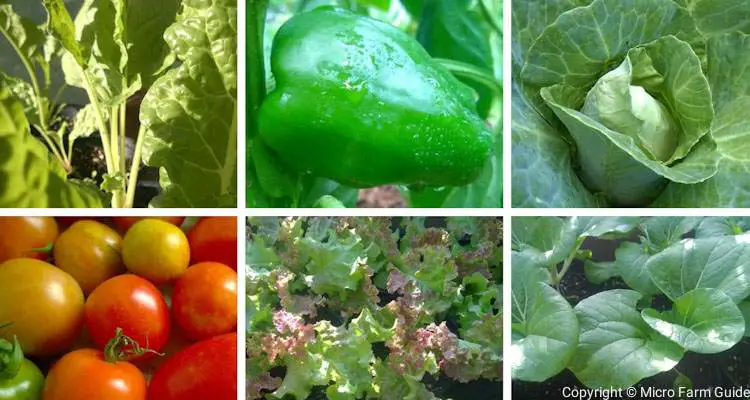
This is important since food-sourced antioxidants are more effective in boosting our overall health and also help to:
4. Save More Money In General
Natural farming costs less regarding agricultural inputs and machinery but can be labor intensive.
This is especially true when it comes to savings on synthetic chemicals, whose price has increased significantly in recent years.
But based on what you’re growing and the nature of the soil, you may spend a lot on farm labor to manage weeds and prepare soil amendments.
However, the savings go beyond soil implements…
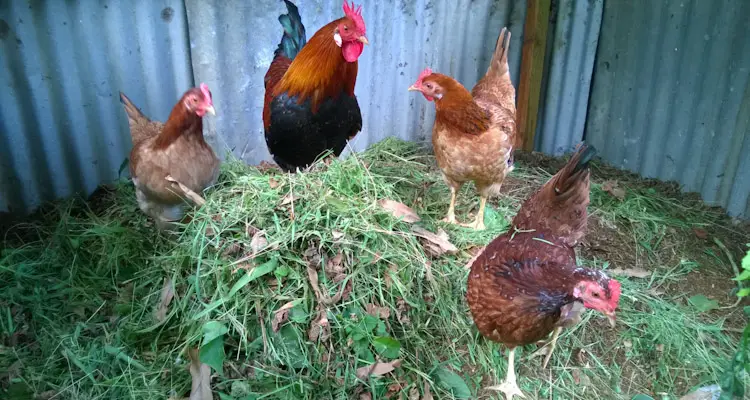
Remember, natural farming encourages diversity. This means you will grow several varieties of fruits, vegetables, and possibly animals.
This can help reduce your grocery bill considerably. as well as:
5. Improve the Health of Farmers and Consumers
With natural farming, consumers and farmers are not exposed to synthetic pesticides and other harmful chemicals.
This is great news since studies suggest that exposure to chemical pesticides is linked to chronic illnesses such as cancer, heart, respiratory, and neurological diseases.
And in some cases, these pesticides can linger in the soil for several years. They can leach into waterways or even get absorbed by produce.
Instead, natural farmers use fermentation and other natural processes to produce liquid fertilizers and other farming inputs.
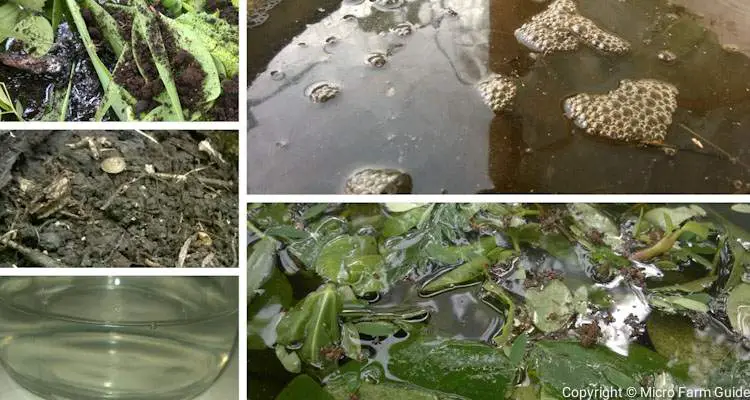
However, when you buy food from a natural farm, you can rest assured that you’re getting produce free from harmful pesticide residues, which were grown in a system that encourages:
6. Resilience to Climate Change
Natural farming encourages us to plant native species between our farm crops to help build the soil and create habitats for beneficial animals.
Over time, these systems can better adapt to local weather conditions and are more resilient to the effects of climate change.
This is the case with Syntropic Agroforestry, which is now used to restore depleted soils and rejuvenate rivers, forests, and other ecosystems.
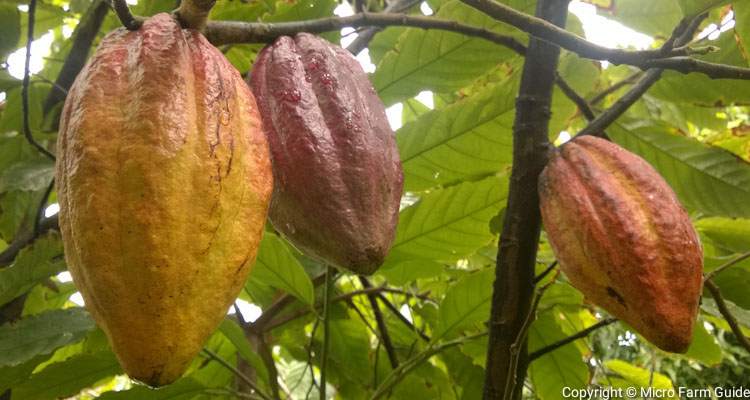
Of course, it can take up to 7 years to see the full benefits of these systems. However, once established, they require less maintenance while becoming more productive over time, laying the foundation of a:
7. Sustainable Future
Natural farming paves the way to a sustainable future by caring for the soil and encouraging biodiversity.
This, in turn, creates a productive system that is more resilient to extreme changes in climate.
Can you imagine creating a system you can pass down from generation to generation? One which becomes more fertile and productive over time?
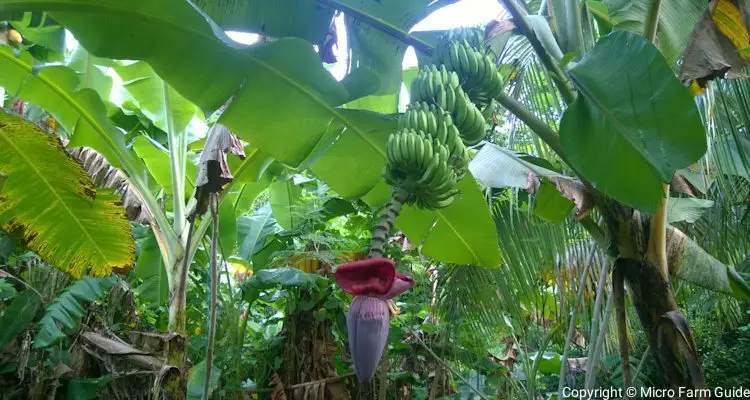
Imagine passing down fertile land and a thriving ecosystem to the generations that follow us.
And as more people adopt these nature-inspired methods, can you imagine how they can impact our environment or health?
Unlocking The Benefits Of Natural Farming
Natural farming is work! And in most cases, you will only see the benefits much later – sometimes years!
You’ll have to learn to care for the land and plants without using chemicals…
Then, you can expect to wait a while for the system to establish itself.
It will be challenging in the beginning… You will be anxious. You will doubt the system… But be patient and trust in the process.
With the correct knowledge, patience, and persistence, you will reap the fruits of your labor.
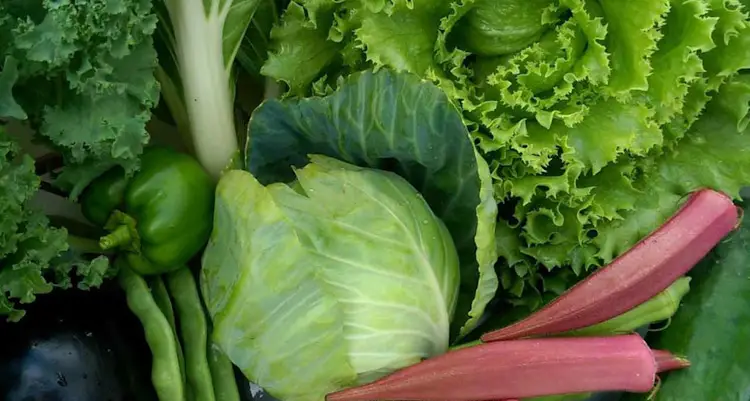
Final Thoughts
There you have it – 7 incredible benefits of natural farming that showcase its positive impact on our environment, health, and future.
From restoring depleted soil to creating thriving ecosystems, natural farming is a gift that keeps on giving.
As farmers and consumers, we contribute to a better, more sustainable future by supporting natural farming and other eco-friendly practices.
Remember, every small step counts!
Now, if you’d like to learn more about the principles, solutions, and basic techniques used in natural farming, then look at this article, What Is Korean Natural Farming?… for a complete overview.
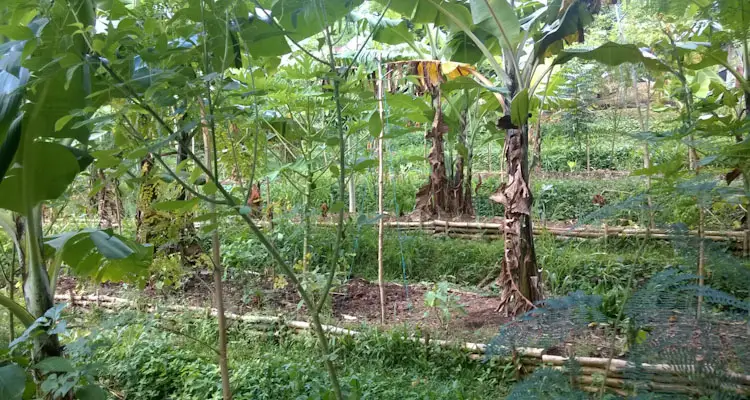
Related Questions
1. What is the difference between organic and natural farming?
The main difference is that organic farming allows the use of “safe chemicals” to create farming inputs. While Natural Farming emphasizes using natural substances, solutions, and materials.
2. What are two disadvantages of organic farming?
Two disadvantages of organic farming are the time it takes for the farm to be recognized and the cost of the certified organic material, inputs, and amendments.
3. What are five benefits of farming?
Farming provides us with nutritious food, helps to strengthen the economy, supports various communities, preserves “green spaces,” and contributes to the development of culture and society.
References
National Library Of Medicine. Organic Foods Contain Higher Levels Of Certain Nutrients… pubmed.ncbi.nlm.nih.gov. Accessed August 2023
World Health Organization. Pesticide Residues In Food. who.int/news-room. Accessed August 2023
European Environment Agency. How pesticides impact human health and ecosystems in Europe. eea.europa.eu. Accessed August 2023
